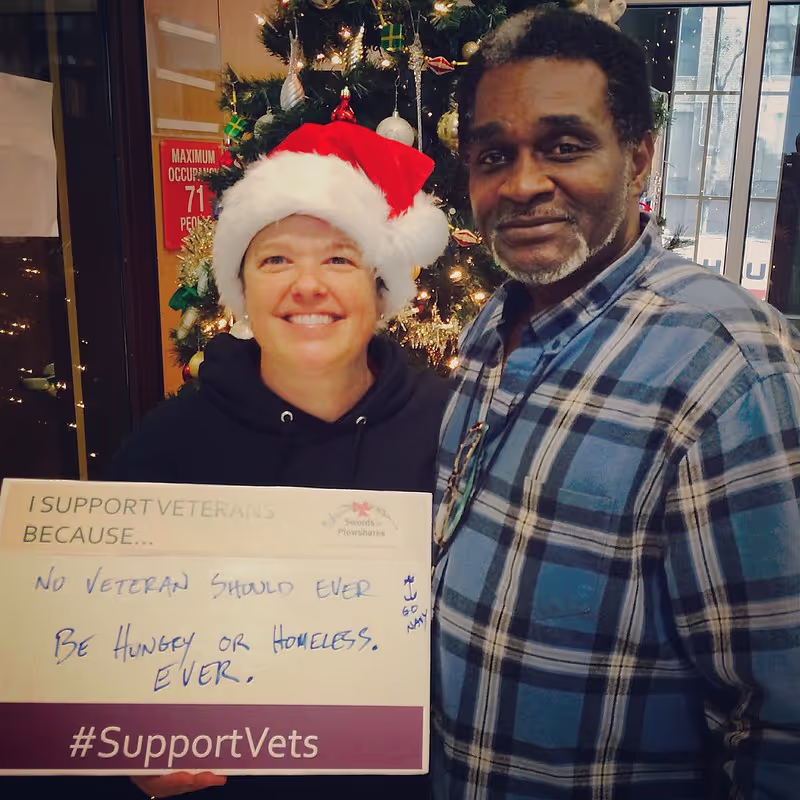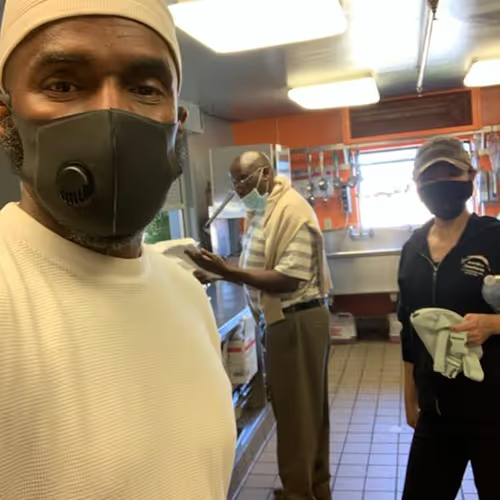You may need to explore difficult facts with clients in order to identify issues and strategies for services. In addition to difficult subject matter, lingering symptoms and protective behaviors related to the veteran’s experience can hamper clear communication. Remember that the veteran may have trouble initially trusting providers, or civilians generally, and may find it difficult to be open about themselves.
MAKE SOME GROUND RULES FOR YOURSELF
Make sure a clear and explicit agenda is communicated before and during meetings:
- Speak informally.
- Be open, honest, and concrete.
- Answer questions openly without judgment.
- Always acknowledge potential concerns of the veteran upfront.
- Acknowledge the possibility of misunderstandings and your willingness to address them, especially when it comes to specifics of military experiences, events, and memories.
- Do not pretend to understand military acronyms and lingo; acknowledge what you do not know.
- Make sure you describe what information you need, why you need it, and what will happen with the information they give you.
A veteran tells her amazing story of trauma, institutional betrayal, survival, and seeking care.
TRAUMA-INFORMED CARE CONSIDERATIONS
Trauma-informed care is a strengths-based framework that requires understanding of and responsiveness to the impact of trauma. It emphasizes physical, psychological, and emotional safety of both the provider and veteran. It creates opportunities to help survivors regain their sense of control and work collaboratively to move toward recovery and substantive goals (such as filing a VA disability claim).
TRAUMA-INFORMED INTERVIEWING TIPS
- Inform the veteran upfront what you wish to explore during the session so they can better predict the day’s events and be more in control.
- Always be very clear about when you will be discussing trauma and when you will not.
- It is important to explore what feeling safe may mean to the veteran and to give multiple opportunities for the veteran to make decisions during your session.
- Try focusing on short-term goals, as longer-term goals may overwhelm the veteran and lead them to believe their life will be forever changed.
- Give the veteran the opportunity to talk about worries they may have about the conversation and the process.
- It is not unusual for veterans who have experienced trauma to have inconstancies in memory when recalling and telling their stories. Where TBI is concerned, they may have lost consciousness during and immediately following the event. A veteran who has experienced trauma may remember different details of the events at different times or feel pressure to tell the story in a certain way.
- Avoid speaking of military service as a sacrifice or as a patriotic duty since many veterans have conflicting emotions about their service, particularly those who have experienced trauma or guilt. Beware of statements such as “thank you for your service,” which some veterans may not wish to hear or know how to respond to.
Consider these factors and remain patient, as trust often takes time to establish.









